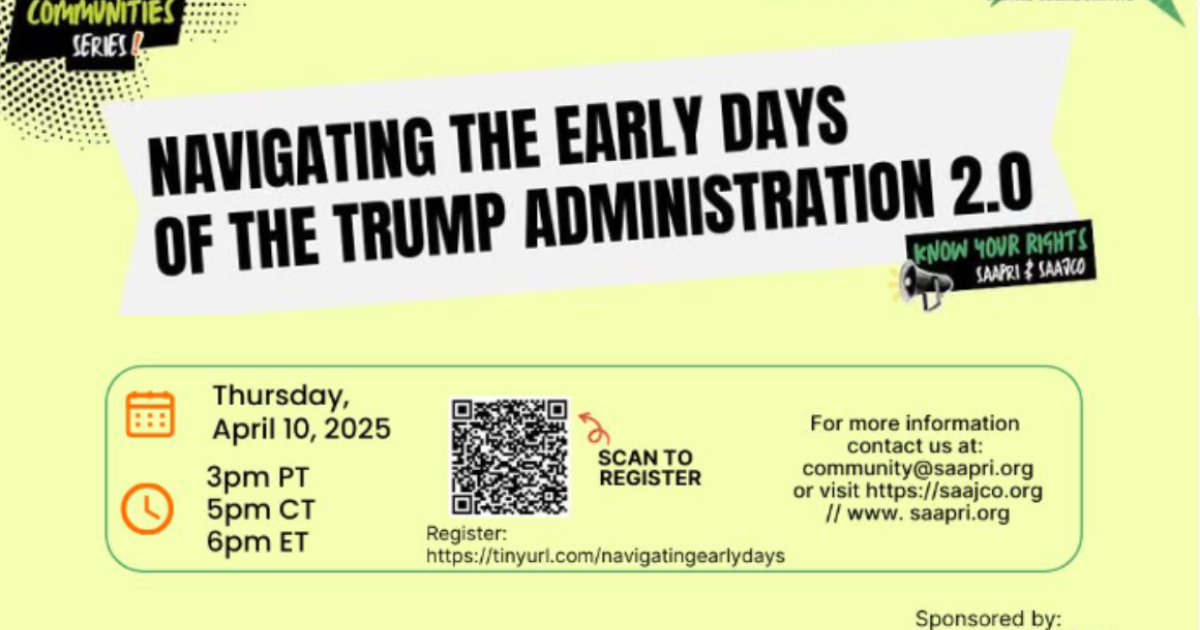FTC To Appeal Microsoft-Activision Merger Ruling

Table of Contents
The FTC's Arguments Against the Merger
The FTC's antitrust lawsuit centers on concerns about Microsoft's potential to create a monopoly and stifle competition. Their key arguments focus on several critical areas:
-
Call of Duty Exclusivity: A major point of contention is the potential for Microsoft to make Call of Duty exclusive to its Xbox ecosystem. This could significantly harm PlayStation users, who currently enjoy access to the popular franchise. The FTC argues this would give Microsoft an unfair competitive advantage, potentially driving players towards Xbox and harming PlayStation's market share.
-
Market Power and Monopoly Concerns: The FTC argues that the merger would grant Microsoft undue market power, allowing them to dictate prices, limit innovation, and ultimately harm consumers. They point to Microsoft's history of acquiring gaming studios, suggesting a pattern of consolidating market power. The acquisition of Bethesda, for example, has raised concerns about the potential for future exclusive titles.
-
Cloud Gaming Dominance: Beyond consoles, the FTC's case focuses on the burgeoning cloud gaming market. They argue the merger would allow Microsoft to leverage its dominance in this sector, further hindering competition from other providers and potentially stifling innovation. The FTC presented data highlighting Microsoft's market share in cloud gaming, emphasizing the potential for anti-competitive behavior. They cited projections showing the significant growth of this market and how Microsoft's acquisition could hinder growth and innovation among smaller companies.
-
Suppression of Competition: The FTC highlights Microsoft's substantial resources and market influence, arguing that the merger could be used to suppress competition and limit innovation in the gaming industry as a whole. This includes potential impacts on game development, pricing strategies, and overall player choice.
The Court's Initial Ruling and its Implications
A federal judge initially ruled in favor of Microsoft, allowing the merger to proceed. The judge's decision emphasized Microsoft's commitments to keep Call of Duty on PlayStation and other platforms, minimizing the concerns about anti-competitive practices. This ruling signified a significant victory for Microsoft and presented a setback for the FTC.
However, the implications of this initial ruling remain complex. While it cleared the way for the merger in the short term, it also left the door open for appeals, creating regulatory uncertainty within the industry. The ruling did not completely dismiss the FTC's concerns, but rather indicated the judge found Microsoft's arguments sufficient to overcome the concerns. The conditions attached to the approval, if any, played a crucial role in the judge's decision and will be closely scrutinized during the appeals process.
Potential Outcomes of the FTC Appeal
The FTC's appeal could have several outcomes:
-
Reversal of the Initial Ruling: The most significant outcome would be a higher court reversing the initial ruling and blocking the merger entirely. This scenario would require a strong showing of evidence that the initial ruling misrepresented or overlooked key facts concerning the anti-competitive implications of the acquisition.
-
Affirmation of the Initial Ruling: The appeals court could affirm the initial ruling, solidifying Microsoft's acquisition of Activision Blizzard. This outcome would likely bring a definitive end to the legal battle and allow Microsoft to fully integrate Activision Blizzard.
-
Modified Ruling: Alternatively, the appeals court could modify the initial ruling, imposing further conditions or restrictions on the merger to mitigate antitrust concerns. This could include stricter stipulations regarding Call of Duty availability on competing platforms or limitations on Microsoft's behavior in the cloud gaming market.
-
Supreme Court Involvement: In the event of a significant legal disagreement, the case could even reach the Supreme Court. This would significantly prolong the legal process and introduce a higher level of uncertainty to both parties and the entire gaming industry.
The appeal process itself is expected to be lengthy and complex, potentially causing delays in Microsoft's plans to fully integrate Activision Blizzard. The timeline for a final decision is uncertain but could extend for months, or even years, depending on the legal procedures involved.
Impact on Gamers
The FTC's appeal directly impacts gamers. Depending on the outcome:
-
Call of Duty Access: The availability and pricing of Call of Duty on different platforms will be significantly impacted. A ruling against the merger could ensure its continued multi-platform availability. Conversely, a ruling in favor of Microsoft may lead to exclusive access or higher pricing on non-Microsoft platforms.
-
Game Prices and Subscription Services: The merger could influence pricing structures for games and subscription services. Increased market concentration could lead to higher prices or less competitive subscription offers.
-
Future Game Development: The outcome could significantly affect the future development of gaming platforms and the types of games available to consumers. A more concentrated market could lead to less diversity in gaming experiences.
Conclusion
The FTC's appeal of the Microsoft-Activision merger is a watershed moment for the gaming industry. The outcome will significantly influence competition, pricing, and access to popular game titles. The appeal underscores the ongoing debate surrounding mergers and acquisitions in the tech sector and the role of regulatory bodies in preserving a competitive marketplace. Stay informed about the ongoing legal battle surrounding the FTC's appeal of the Microsoft-Activision merger. Keep checking back for updates as this crucial case unfolds and shapes the future of gaming.

Featured Posts
-
 Ohio Train Derailment The Prolonged Presence Of Toxic Chemicals In Buildings
Apr 22, 2025
Ohio Train Derailment The Prolonged Presence Of Toxic Chemicals In Buildings
Apr 22, 2025 -
 The Passing Of Pope Francis A Global Loss
Apr 22, 2025
The Passing Of Pope Francis A Global Loss
Apr 22, 2025 -
 Middle Managers The Unsung Heroes Of Business And Employee Development
Apr 22, 2025
Middle Managers The Unsung Heroes Of Business And Employee Development
Apr 22, 2025 -
 Guilty Plea Lab Owner Falsified Covid 19 Test Results
Apr 22, 2025
Guilty Plea Lab Owner Falsified Covid 19 Test Results
Apr 22, 2025 -
 Zuckerbergs Next Chapter Navigating The Trump Presidency
Apr 22, 2025
Zuckerbergs Next Chapter Navigating The Trump Presidency
Apr 22, 2025
